National governments increasingly recognize the importance of legal recognition and documentation of customary rights. With hundreds of millions of unregistered land claims globally, rapid and robust approaches are needed to document and administer communal and household rights in the long-term. USAID’s Tenure and Global Climate Change (TGCC) Program piloted customary land documentation processes in Zambia that relied on local knowledge and the use of low cost mobile applications to secure tenure (MAST).

USAID’s TGCC Program linked mobile applications with traditional community engagement practices, like participatory mapping and support to village governance structures. These practices improved land-use planning by marrying community level information with government records through multi-stakeholder dialogue. TGCC encouraged scaling by working with government, chiefs, and civil society to customize these tools for local uses. These processes informed the government’s development of a national land policy.
Program Activities in Zambia
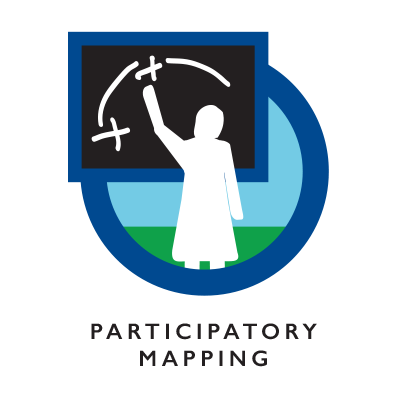 TGCC worked through civil society organizations to support five customary chiefs to systematically map village boundaries, shared resources like forests and grazing areas, and household land using a community-based mapping approach. To date, USAID has reached over 500 communities with over 15,000 customary land certificates generated.
TGCC worked through civil society organizations to support five customary chiefs to systematically map village boundaries, shared resources like forests and grazing areas, and household land using a community-based mapping approach. To date, USAID has reached over 500 communities with over 15,000 customary land certificates generated.
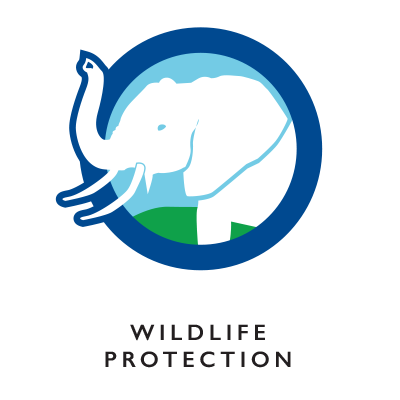 TGCC convened stakeholders to discuss issues of wildlife tenure that impact the viability of game ranching and hunting operations in game management areas (GMAs). In Sandwe GMA bordering South Luangwa National Park, TGCC undertook a systematic land documentation process to support the Department of National Parks, chiefs, and district officials to plan together. TGCC methodologies have also been adapted for land use planning exercises in communities surrounding North Luangwa National Park.
TGCC convened stakeholders to discuss issues of wildlife tenure that impact the viability of game ranching and hunting operations in game management areas (GMAs). In Sandwe GMA bordering South Luangwa National Park, TGCC undertook a systematic land documentation process to support the Department of National Parks, chiefs, and district officials to plan together. TGCC methodologies have also been adapted for land use planning exercises in communities surrounding North Luangwa National Park.
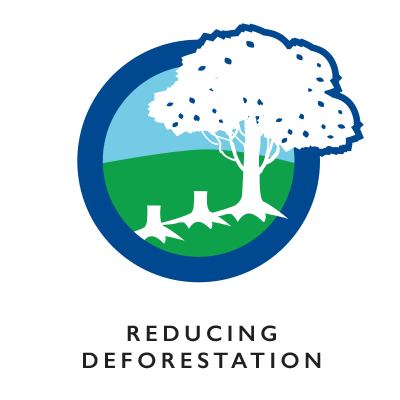 TGCC supported agroforestry adoption for almost 3,000 farmers to contribute to climate change mitigation and adaptation. Through a randomized control trial impact evaluation, USAID is examining how household land documentation impacts adoption of climate-smart agriculture practices.
TGCC supported agroforestry adoption for almost 3,000 farmers to contribute to climate change mitigation and adaptation. Through a randomized control trial impact evaluation, USAID is examining how household land documentation impacts adoption of climate-smart agriculture practices.
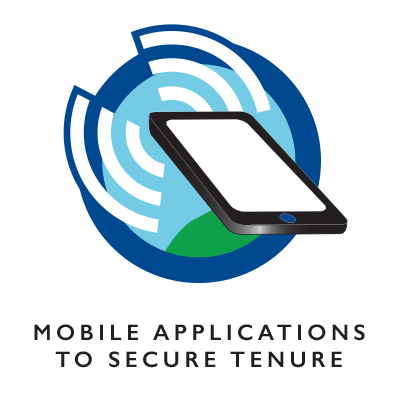 Using open source software and low-cost tablets, TGCC designed and piloted modules for documenting and validating household land rights, community boundaries, shared resources, and dispute resolution. The tools have been adopted by the government’s National Land Titling Program.
Using open source software and low-cost tablets, TGCC designed and piloted modules for documenting and validating household land rights, community boundaries, shared resources, and dispute resolution. The tools have been adopted by the government’s National Land Titling Program.
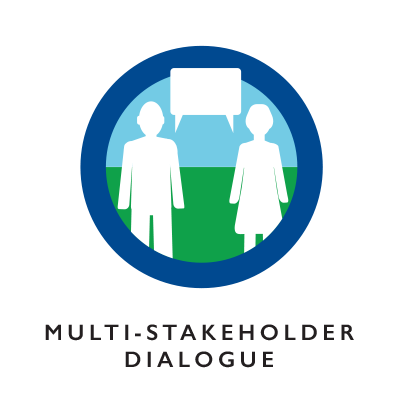 TGCC facilitated a series of consultations in each of 10 provinces and 26 districts on Zambia’s first Land Policy. TGCC subsequently supported interest group consultations around the policy, particularly related to engaging traditional leaders. TGCC also led donor coordination on land issues in Zambia and a series of dialogues on land and resource tenure with private sector and NGO stakeholders.
TGCC facilitated a series of consultations in each of 10 provinces and 26 districts on Zambia’s first Land Policy. TGCC subsequently supported interest group consultations around the policy, particularly related to engaging traditional leaders. TGCC also led donor coordination on land issues in Zambia and a series of dialogues on land and resource tenure with private sector and NGO stakeholders.
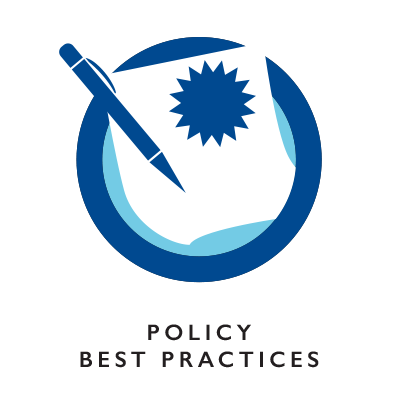 In addition to supporting government reach-out to stakeholders for input on Zambia’s first National Land Policy with over thirty consultative workshops around the country, TGCC also provided comments on drafts of the policy and technical input on systematic land registration.
In addition to supporting government reach-out to stakeholders for input on Zambia’s first National Land Policy with over thirty consultative workshops around the country, TGCC also provided comments on drafts of the policy and technical input on systematic land registration.


